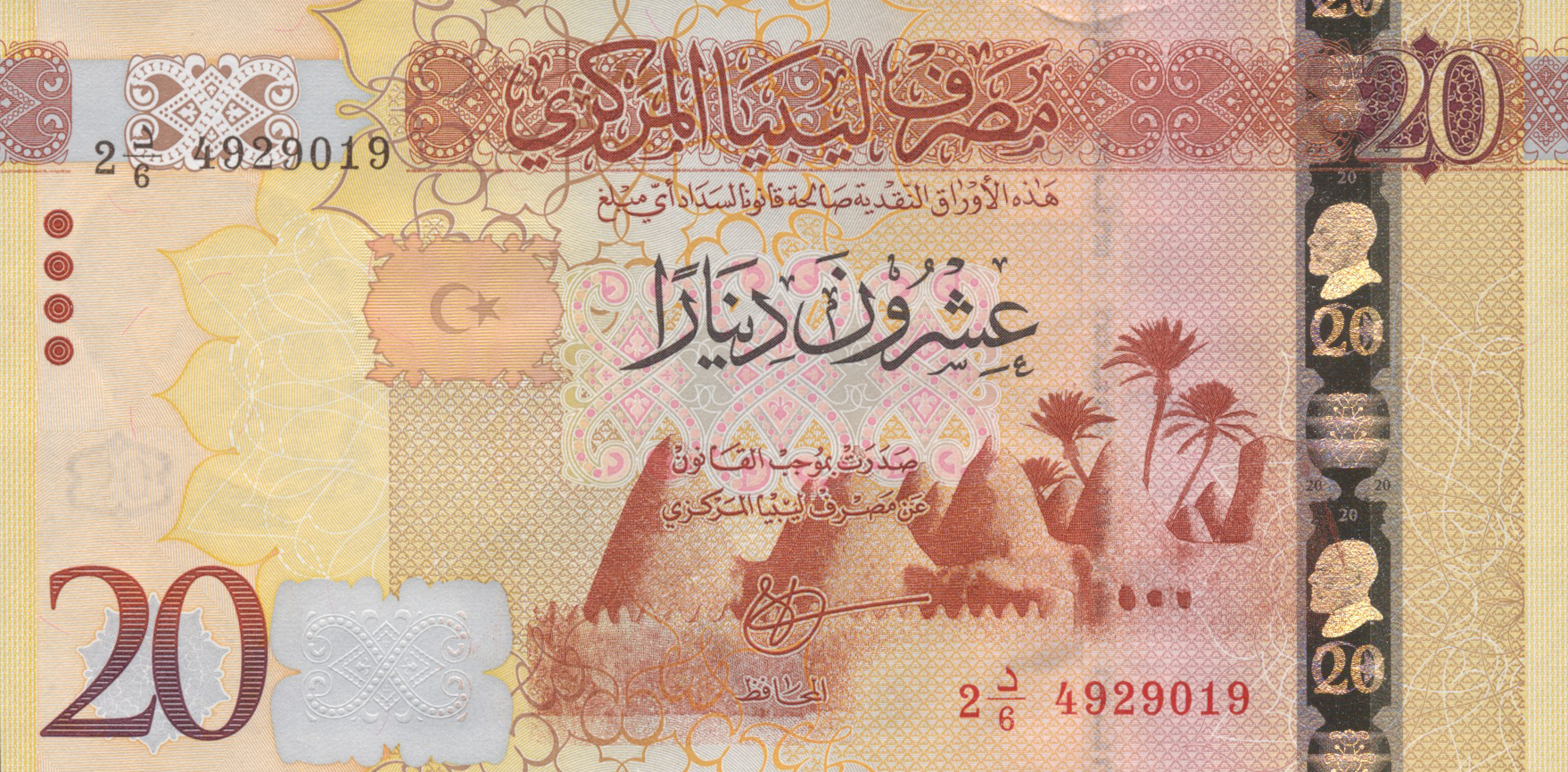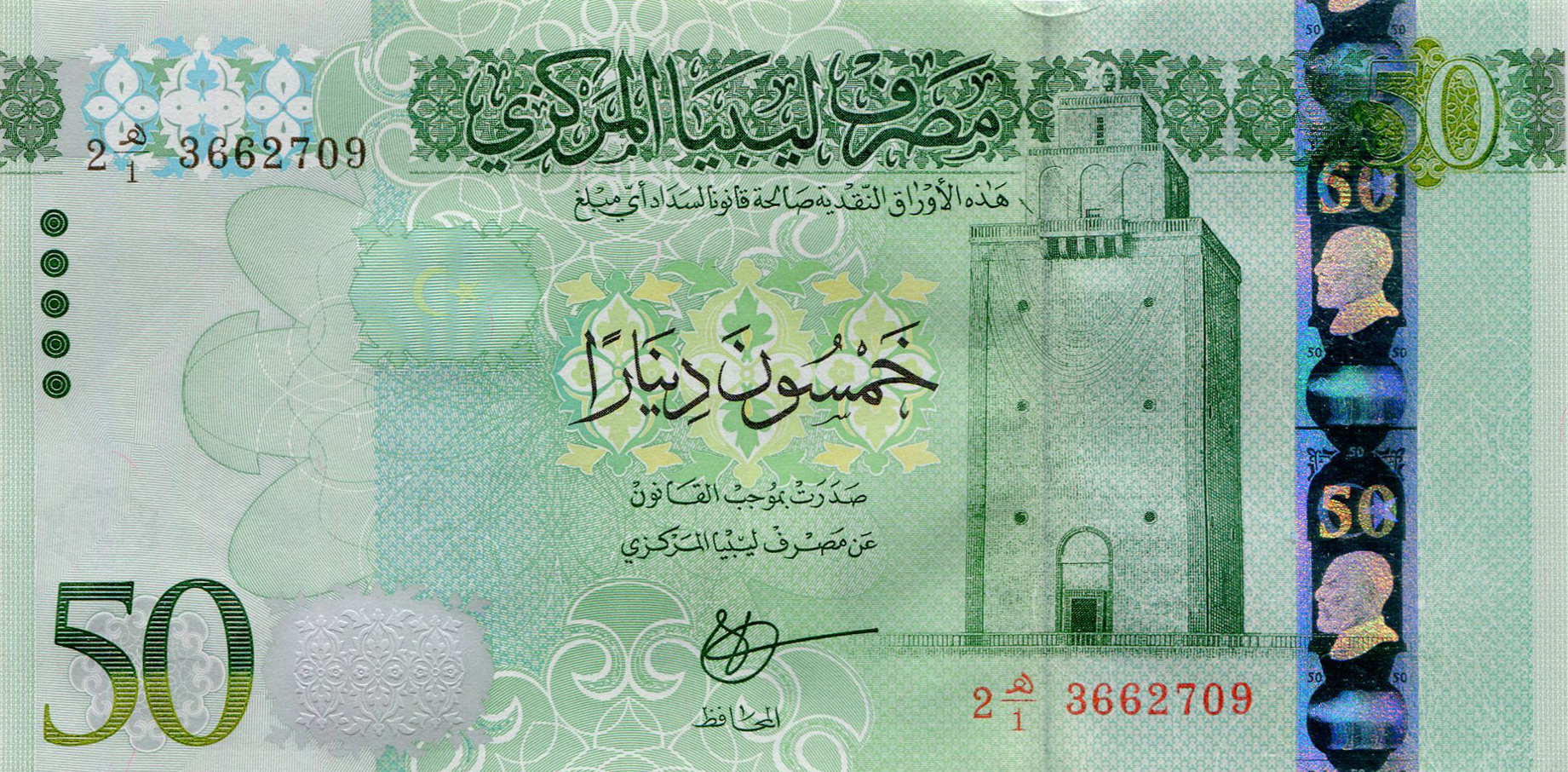

According to a United States Department of State press statement dated 29 May 2020, “The United States commends the Government of the Republic of Malta’s announcement May 26 of its seizure of $1.1 billion of counterfeit Libyan currency printed by Joint Stock Company Goznak—a Russian state-owned company—and ordered by an illegitimate parallel entity. The Central Bank of Libya headquartered in Tripoli is Libya’s only legitimate central bank. The influx of counterfeit, Russian-printed Libyan currency in recent years has exacerbated Libya’s economic challenges. The United States remains committed to working with the United Nations and international partners to deter illicit activities that undermine Libya’s sovereignty and stability, and are inconsistent with internationally-recognized sanctions regimes. This incident once again highlights the need for Russia to cease its malign and destabilizing actions in Libya.”
On 30 May 2020, the Ministry of Foreign Affairs of the Russian Federation responded, “We have taken note of the official statement posted by the US Department of State on the seizure by Malta of “$1.1 billion of counterfeit Libyan currency printed by Joint Stock Company Goznak” for the eastern-based Libyan government.
A contract for the printing of Libyan dinars was signed in 2015 between Goznak and the governor of the Central Bank of Libya (CBL) and approved by the Libyan parliament, the House of Representatives. The Libyan party made the advance payment, while the Russian party implemented the contract by sending the Libyan banknotes it had printed to the CBL in Tobruk. We are acting on the belief that these funds are needed to maintain stability in the Libyan economy.
We would like to point out that there are two central banks in Libya because there are two centres of political power. One is headquartered in Tripoli, the seat of the internationally recognised government led by Fayez al-Sarraj, and the other is in Benghazi. Its governor was appointed by the elected Libyan parliament, the House of Representatives, and hence has the necessary international legitimacy.
In other words, it is not the Libyan dinars but the American statements that are false. Russia firmly believes that there is no alternative to a political settlement based on an inclusive intra-Libyan dialogue and strict compliance with the decisions regarding Libya adopted by the international community. In this context, we support the initiative of Aguila Saleh, speaker of the eastern-based Libyan parliament, aimed at stopping the fratricidal conflict and at establishing new common bodies of power. We believe that this initiative could be used as the basis for the UN-led restoration of Libyan consensus.”
Courtesy of Dennis Zammit.
